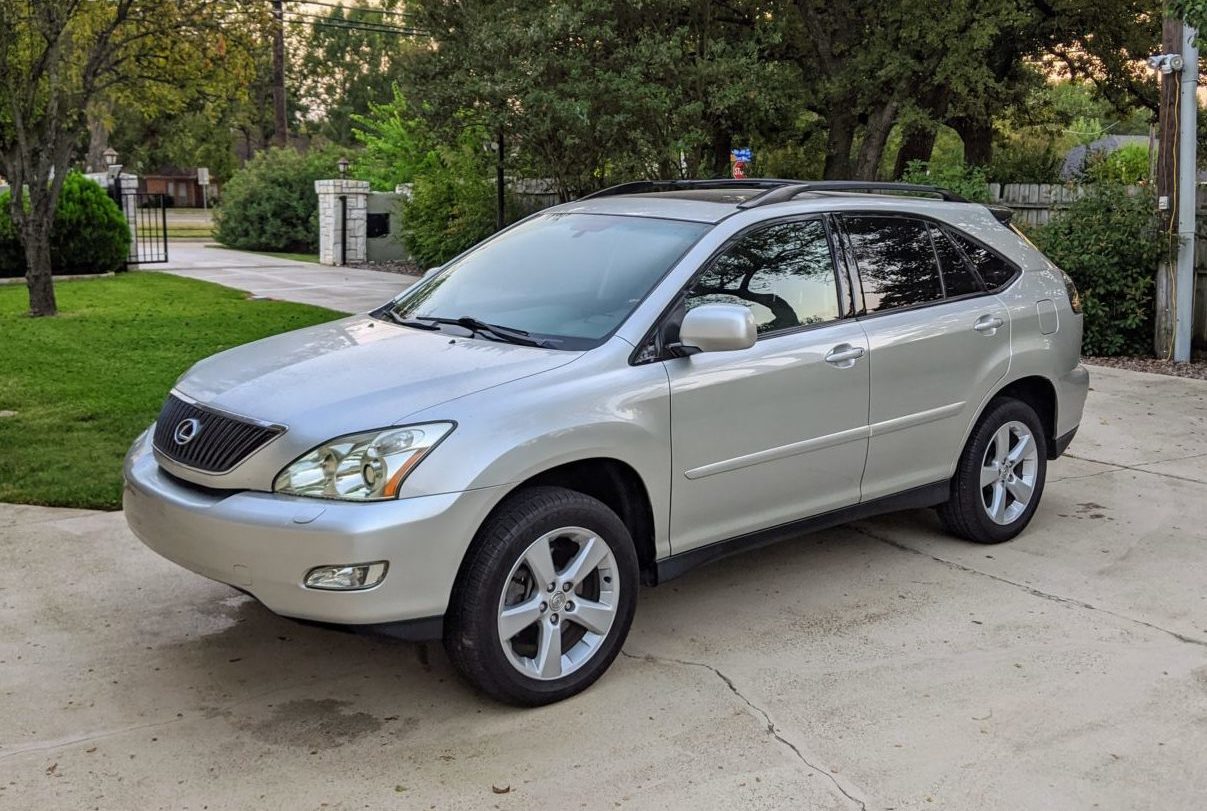
Porsche makes undoubtedly great, sports-oriented cars, but does Porsche make great daily drivers? In this article, YouTuber, Car Fanatic, will share his personal experience using his 2008 Porsche Cayenne Turbo as a daily driver and why he recommends going with a Lexus instead.
Backstory
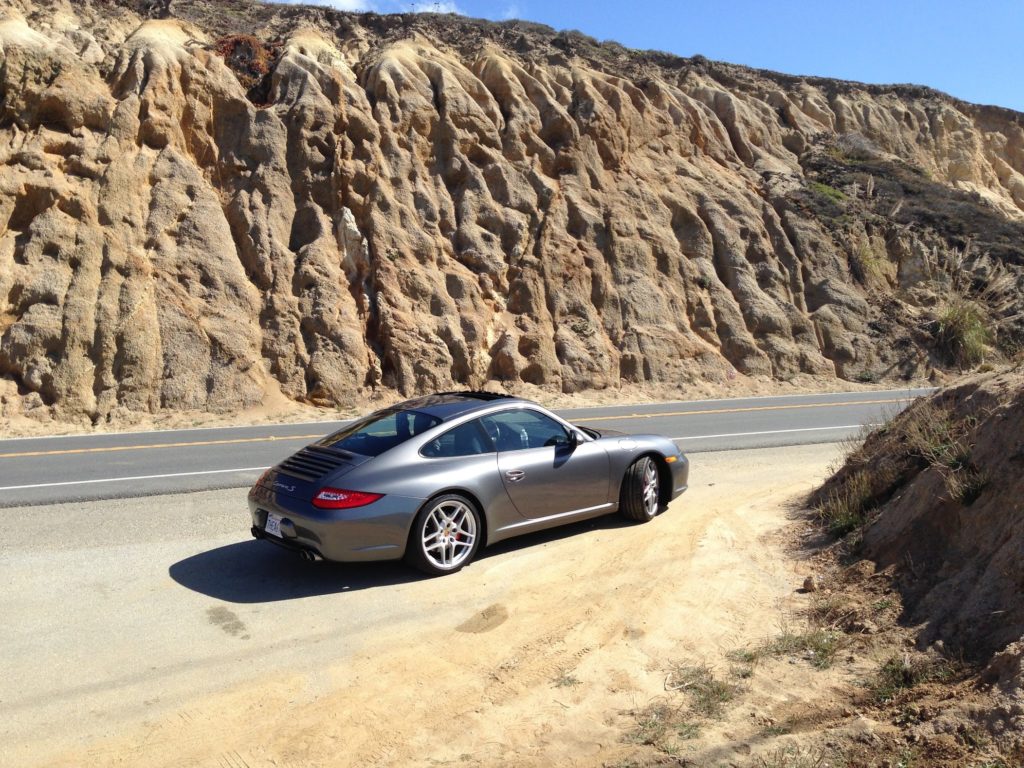
In 2014, I purchased my first Porsche…a beautiful 2010 Porsche 911 Carrera S. This became my weekend car that I would take canyon carving and occasionally to the track. However, just 2 years later, I developed an itch to replace my aging 2008 Subaru Forester with a Porsche Cayenne.
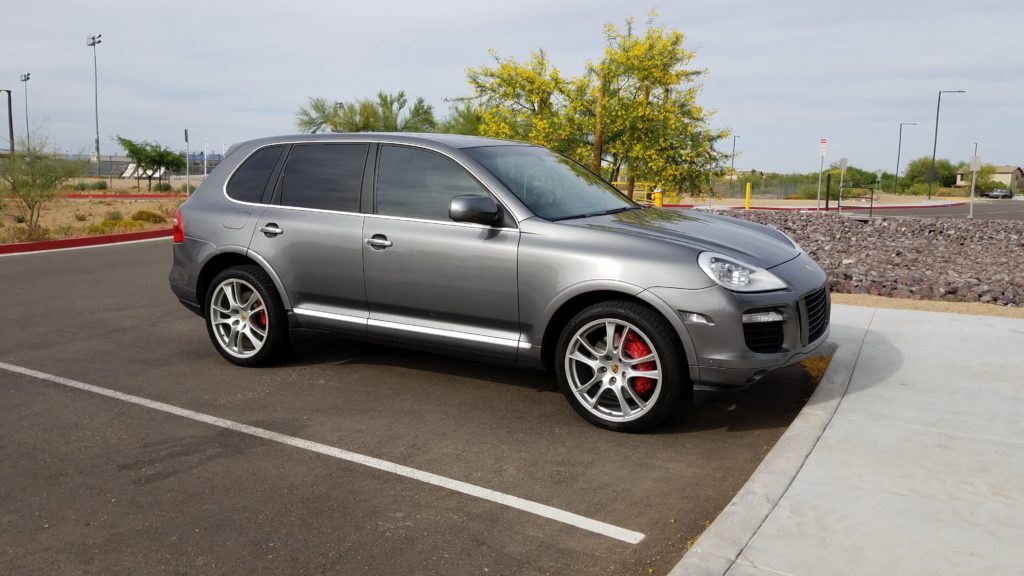
After a couple months of searching, in late 2016, I test drove a 2008 Porsche Cayenne Turbo with 70,000 miles. During the test drive, I immediately fell in love with the dual-sided personality. On the one hand, it was a properly rugged, heavy SUV. On the other hand, it drove like what you would expect from a performance SUV–sure-footed composure in the curves and enough power to throw you back in your seat at nearly any speed. After some back-and-forth negotiations, I pulled the trigger and purchased the Cayenne for $26,000.
Then came the issues
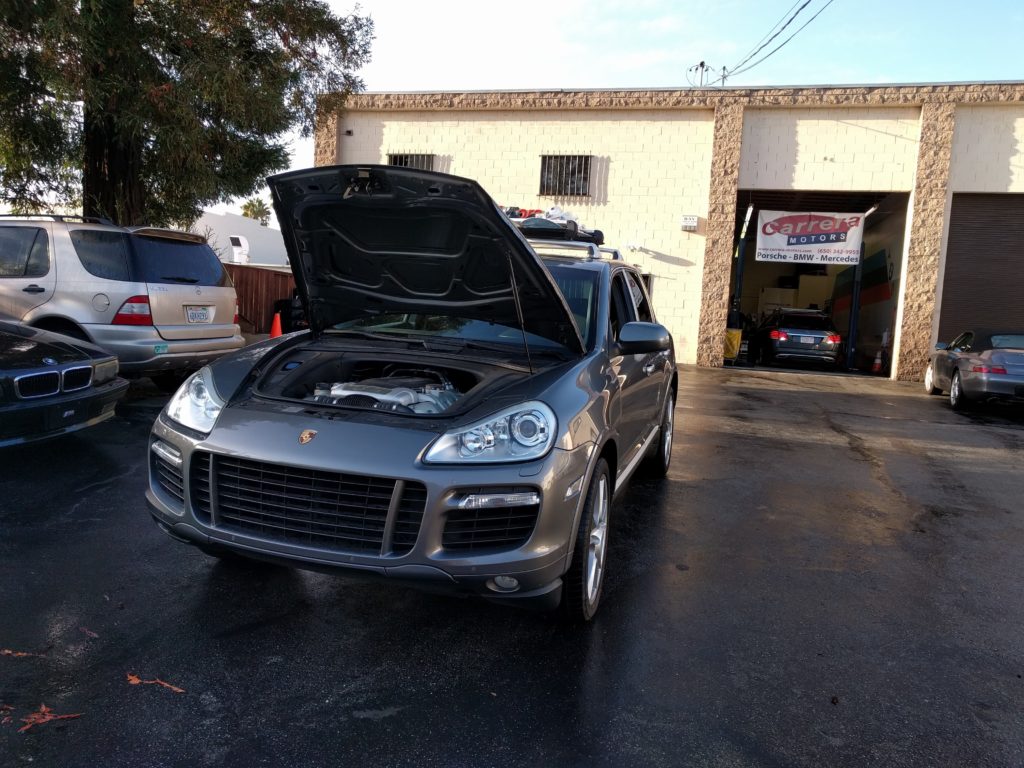
My new-to-me Porsche Cayenne came with an extensive service history. In its 8 year life, the prior owner had spent nearly $8,000 on maintenance and repairs ranging from a $2,500 brake job to a driveshaft replacement to two water pump replacements.
While I knew maintaining a Cayenne would be more expensive than maintaining a Toyota, I didn’t expect the first issue to strike in just my first month of ownership.
As I was driving from San Francisco to Lake Tahoe for a weekend ski trip, I noticed the check engine light flashing followed by engine hesitation when accelerating. I immediately pulled off the highway and contacted my independent mechanic who quickly diagnosed the issue as a faulty ignition coil.
Just my luck. I had been planning to replace the ignition coils, which are known to fail. After getting the vehicle towed and picking up a rental car, my family and I finally arrived to our destination at 1 AM the next morning.
After this stressful experience, I purchased an aftermarket warranty for $3400, which provided 3 years and 36,000 miles of coverage. At the end of the policy, I would come to realize that this was a great decision. After 3 years of ownership, here is a breakdown of all the unplanned repairs I encountered.
Caveat: All of the items after 90,000 miles were proactive repairs that my aftermarket warranty was willing to cover.
| Mileage | Repairs | Costs |
| 70681 | Full Spark plugs, Ignition Coils, and Engine Torque Arm Replacements | $621.48 |
| 80396 | Vacuum Pump replaced | $985.43 |
| 82894 | Thermostat Housing, Thermostat, and coolant replaced | $1,637.02 |
| 90630 | Sway bar bushing replacement | $167.94 |
| 90630 | Front upper & lower control arms, strut top mounts, & sway bar drop links replaced | $2,065.67 |
| 90630 | Driveshaft support replaced (with aftermarket design) | $792.91 |
| 105 | Engine and transmission mounts replacement | $3,267.88 |
| Total Repair Costs | $9,538.33 | |
| Warranty Coverage | -$7,748.91 | |
| Out-of-Pocket Costs | $1,789.42 | |
Even when reliable, the Porsche Cayenne is expensive to operate
As you can see above, the Cayenne is an expensive vehicle to fix when issues come up. Fortunately, my aftermarket warranty covered the majority of the repairs. However, even when the Cayenne is running properly, it’s an expensive car to operate for 5 main reasons:
- Porsche parts and labor are overpriced compared to ordinary cars.
- The Cayenne is a gas guzzler and only averages around 13-15 MPG in mixed driving conditions.
- Since the Cayenne Turbo runs 21″ wheels, a set of tires will set you back around $1,600.
- Replacing the brakes, even if you do-it-yourself, will set you back about $1,000.
- Because the Cayenne weighs over 5,000 pounds, it burns through tires and brakes every 25,000 miles and 35,000 miles respectively.
As shown in the table below, after three years of ownership, my Cayenne’s total cost of ownership comes out to roughly $11,000 per year! This is staggering especially since my Porsche Cayenne had already lost 75% of its original value when I purchased it.
| Total Maintenance Costs | 4,950.79 | |||
| Repair Costs | 11,638.32 | |||
| Warranty Coverage | -7,828.90 | |||
| Warranty Policy | 3,400.00 | |||
| 3 Years of Registration & Insurance | 3,900.00 | |||
| Gas (35K miles @3.20/gallon & 15 MPG) | 7,466.67 | |||
| Depreciation | 10,000.00 | |||
| 3 Year Total Ownership Costs | 33,526.88 | |||
| Avg. Annual Cost of Ownership | 11,175.63 | |||
| Total ownership cost per mile | 0.96 | |||
However, the Porsche Cayenne is still an amazing SUV
Despite all the issues I’ve had with my Porsche Cayenne and the expensive running costs, I still have enjoyed my ownership experience. While the Porsche Cayenne isn’t the most-trouble free SUV, it is the SUV that can do it all. It performs great on-road, yet is rugged enough to get you pretty much anywhere you want to go. For better or worse, my love-hate relationship is what has made my Porsche Cayenne memorable.
Here are some pictures of me taking my Porsche Cayenne on off-road trails frequented by Jeeps.
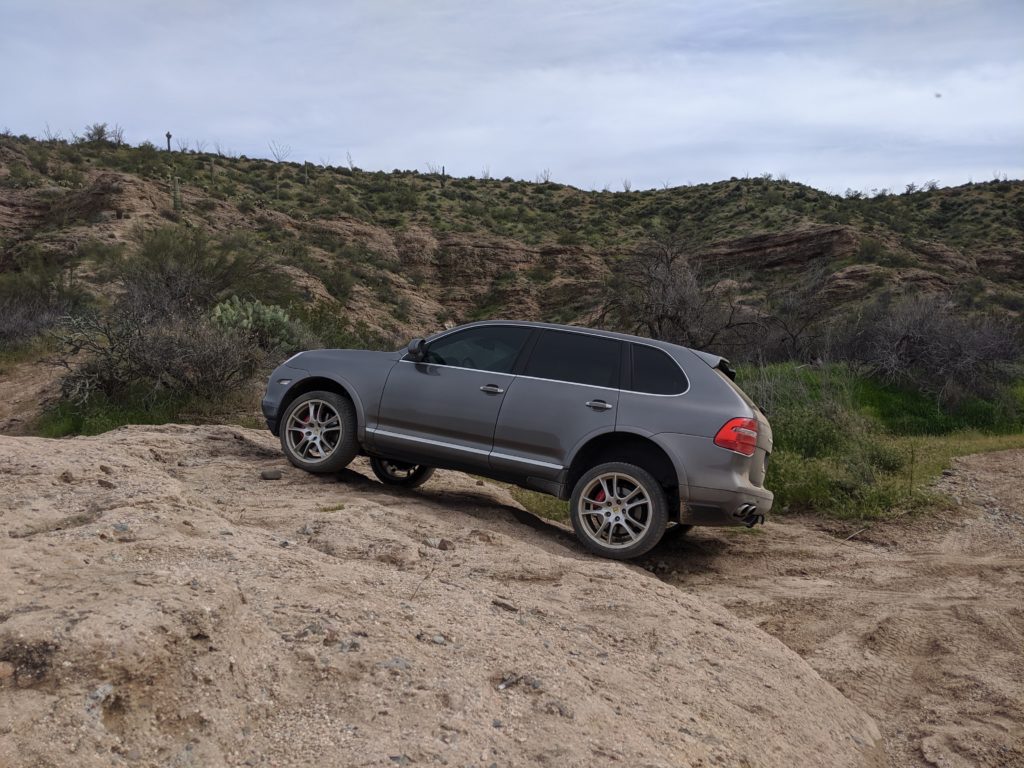
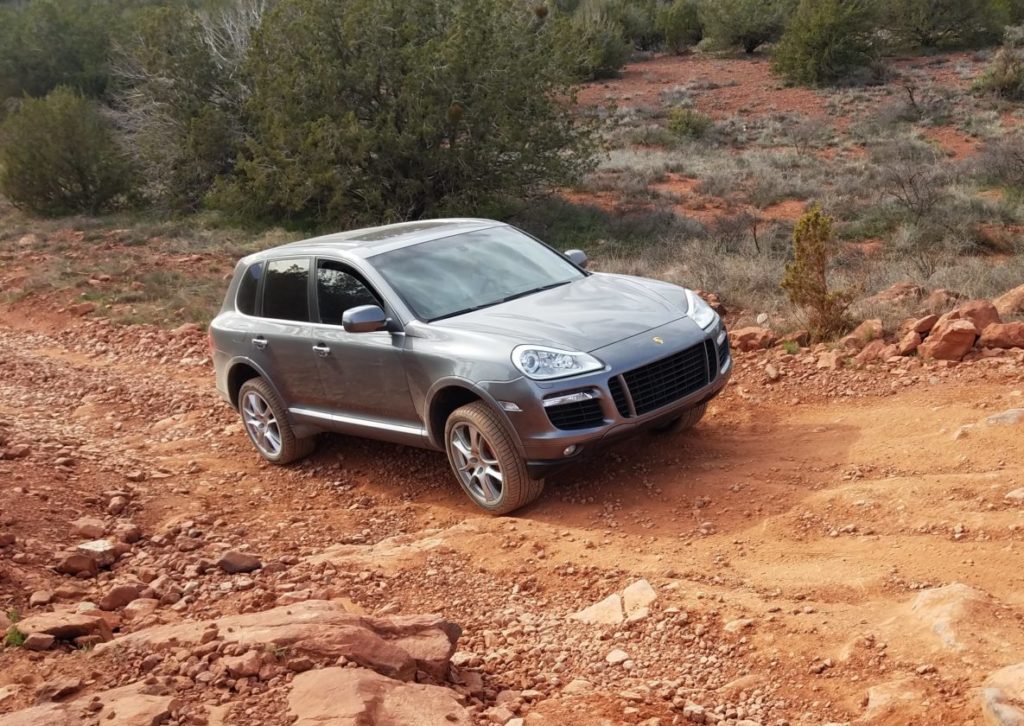
Additionally, even with all-season tires, the Porsche Cayenne performs very well in the snow as shown in this video:
My advice, don’t buy a Porsche Cayenne as a daily driver
Unless money is no object to you, I don’t recommend buying a Porsche Cayenne as a daily driver and will not be making the same decision again in the future. Here are 3 reasons why:
- The Porsche Cayenne is a terrible value like other luxury SUVs. Even a brand-new base model will set you back over $65,000 and you’ll lose a lot of money on depreciation.
- The Cayenne can be a headache to maintain. General maintenance will run you 2-3 times that of an ordinary car, but, also, the over-engineered nature of Porsches means there are more opportunities for things to go wrong.
- As a daily driver, a Porsche Cayenne just isn’t practical. It gets terrible gas mileage, isn’t anymore enjoyable than an ordinary car when sitting in traffic, and is bound to get damaged from everyday usage.
Buy a Lexus instead
After everything I learned daily driving my Porsche Cayenne for three years, here are 5 criteria I recommend for any daily driver:
- Safety: Sorry fanboys, Miata is not always the answer. Your life is important, so daily drive a car with modern engineering and safety features.
- Dependability: The last thing you want to worry about when rushing to work is car problems.
- Value: A daily driver just needs to get you from point A to point B without breaking the bank.
- Practicality: While we all want to drive sports cars, face it. We spend more of our time running shopping errands than we do carving canyons. A daily driver should be able to accommodate those ad-hoc Costco runs.
- Something you don’t care about: Lastly, a daily driver shouldn’t add stress to your already stressful life. You shouldn’t have to worry about where you park or your kids making a mess inside the car.
Listening to my own advice, I recently purchased a used 2004 Lexus RX330 as my new daily driver. This car checks all of the boxes above and is the epitome of a perfect daily driver. For just $6,100, this 17 year old, 150,000 mile car drives great, has more convenience and comfort features than my Porsche Cayenne, and everything still works. In addition, it offers trlemendous reliability and generally only requires routine maintenance (e.g. fluid, brake, and timing belt replacements). What more could you ask for in a daily driver?
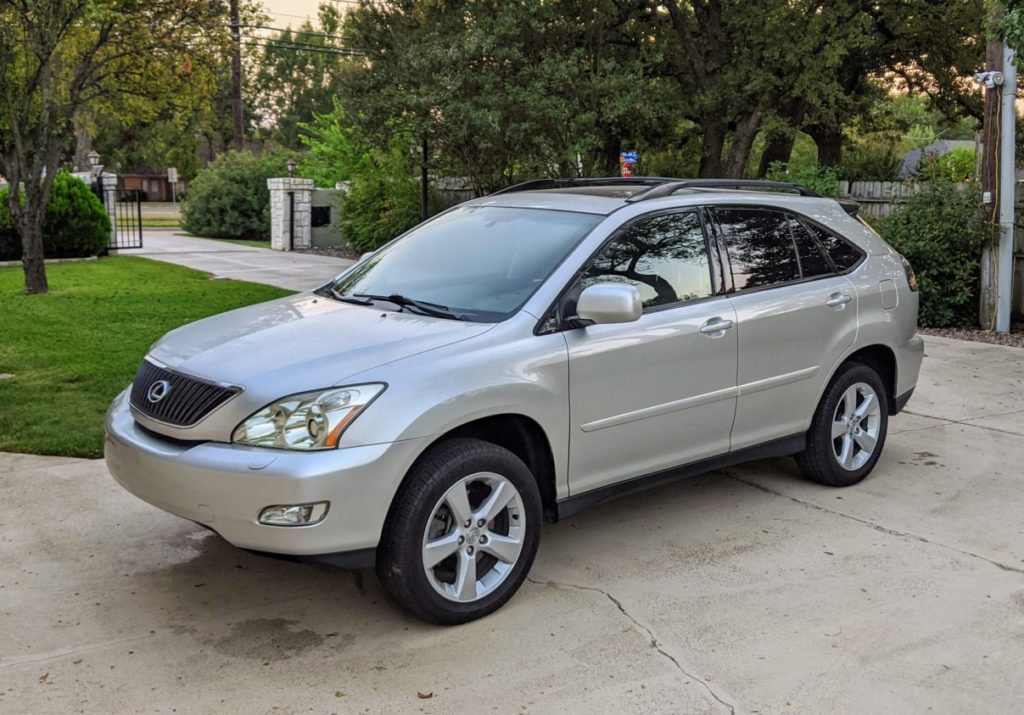
Final thoughts
While I think the Porsche Cayenne is one of the best SUVs that can do it all, it comes at a hefty price tag. While money may be no object to some people, if you’re like me, you probably are value conscious to some degree. If you want a fun car to use on the weekends, buy a Porsche. However, if you want a reliable, stress-free daily driver, stick with a Toyota or Lexus.
What do you think and what is your daily driver and why? Let us know in the comments.
Our mission at eCarGuides
Here at eCarGuides, our goal is to help car owners make the best decisions possible when it comes to maintaining their vehicles. Find a highly-rated Porsche mechanic near you and detailed DIY guides for your Porsche.
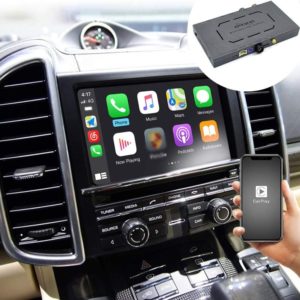
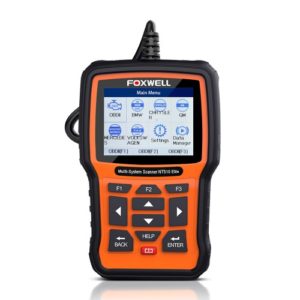
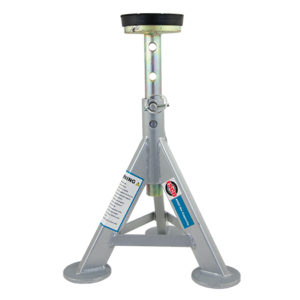
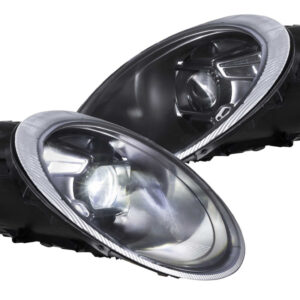

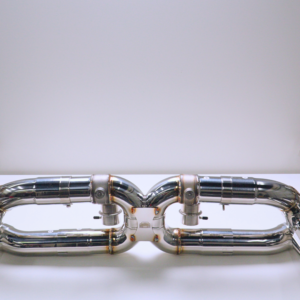

Larry says:
I agree! I own the Cayman 981 and a Lexus RX 350. In fact I have owned three one owner RXs for the reasons you say. I hope to keep owning Porsches too!
Leo says:
I agree as well! I own a 2017 RX350 as a DD and a 2016 Boxster S 981 for fun!
Gene says:
How ’bout a used RX350 DD and a ’79 911 with rebuilt drivetrain, hi compression pistons (225 hp), electronic ignition, and electric a/c and heater that really work?
Mark says:
Great article, and you are absolutely right. I daily drive a Lexus RX and own a 991.1 and a V8 Vantage
Alejandro says:
Okay, while some of the points above have quite a bit of merit here. You’d be insane to not offer/show the alternatives to Porsche dealer/stealership servicing, or you know not mentioning that most dealers will give a 10% discount to anyone with a PCA membership even if not in the same region. Outside of keeping Porsches CPO warranty, Independent shops offer far more competitive pricing which would bring those ownership costs significantly lower.
The other point being, you bought one of the worst year Cayennes. The thermostat housing was an engineering flaw, Porsche said oh, the coolant tubes only need some epoxy to stay in there. These issues plagued Cayennes and Panameras until around 2014-2015. That is on them for poor design, but don’t assume Lexus doesn’t have some similar flaws depending on the model and year.
The long and short, if you go in with your eyes wide open (also research into common problems to avoid trouble years) you can avoid half the crap you went through.
Khanh says:
I have a Cayenne S (used to be the wife’s DD – her daily commute is 15min each way), a 911S and bought a RX450h as a DD for the wife when the Cayenne got to around 100k miles.
While I love the Cayenne and the 911, there’s no way I’ll use them as a DD for a 30+ minute commutes. It’s not just the cost of repair, above the 100k miles, Cayenne is just not reliable for a DD as a RX450h.
Ry Alexander says:
With all due respect, you bought the Cayenne Turbo—not the Base model, not the S, not the GTS. Turbo engines naturally require more costly upkeep, have more carbon build-up, and run through brakes & tires at a faster rate. You are comparing a V8 w/ +500 horsepower, to a V6 with around 300 HP.
The Cayenne Base model is the only viable comparison in maintenance & repairs to the Lexus RX. The RX is not built to sustain the caliber of stress a Cayenne Turbo is. The engineering is catered to distinct driving experiences.
… I thoroughly enjoyed this article, and appreciate your candor. But, let’s compare apples-to-apples.
The engine is the car; not the garb.